
Artichoke belongs to the baskets (Asteraceae). It is a perennial thorny plant with a mighty, up to two meters tall stem, overgrown with prickly leaves. Spherical, prickly flower baskets develop at the top, which are harvested before flowering. The plant blooms bluish-purple in summer and autumn. Artichoke is not only useful for medicinal purposes, but the flowers and leaves are valued throughout the Mediterranean as a delicacy.
Useful parts and ingredients
Fresh or dried ground leaves and their preparations, and especially dry aqueous extracts, are useful as a medicine. The most important pharmacologically effective ingredients in artichoke leaves are caffeic acid derivatives, flavonoids and sesquiterpene lactones.
Use in folk medicine
In gastrointestinal disorders such as bloating and a feeling of tension in the abdomen and nausea due to poor liver function, and as a means of faster recovery.
Forms and dosage of drugs
We mostly use prepared medicines, usually dry aqueous extracts. Dragees, capsules, tablets or drops are available. Squeezed juice of fresh artichokes is also suitable for medicinal use. As a vegetable, artichokes do not have a major healing effect, as most of the active ingredients are lost during preparation.
Daily doses corresponding to 6 g of dry medicine (approximately 1320 mg of dry extract or 30 ml of squeezed juice) divided into 2-3 doses taken before a meal are recommended.
Making tea
Pour 1 teaspoon of finely chopped artichoke leaves with 150 ml of hot water, let stand for 10 minutes and drink one cup before meals.
Contraindications
Artichoke leaf preparations should not be used during pregnancy or lactation because there are no relevant scientific findings.
In case of bile duct obstruction, you should never take artichoke leaf preparations. Talk to your doctor before using gallstones. The preparations should not be used even in case of a known allergy to plants from the basket family.
Side Effects
In rare cases, it causes digestive problems. Allergic reactions are also possible.





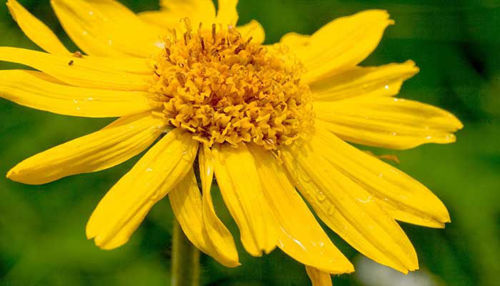

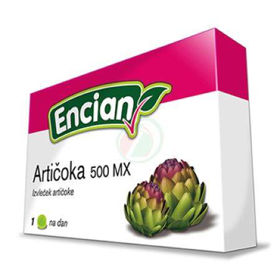
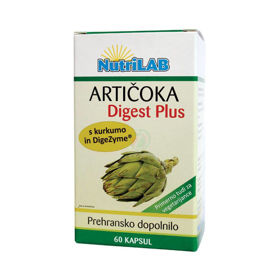
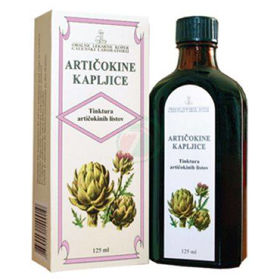
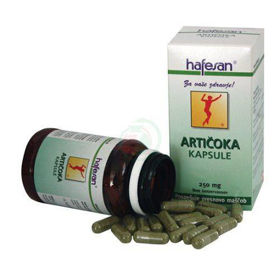

 Facebook
Facebook
 Instagram
Instagram
 info@moja-lekarna.com
info@moja-lekarna.com

